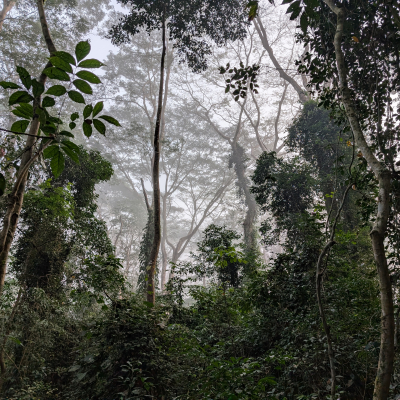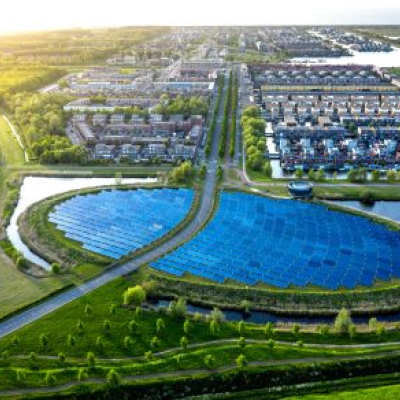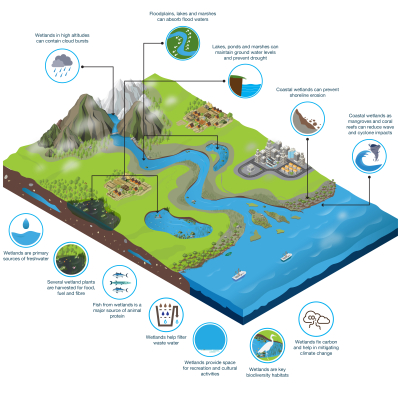The International Day for Biological Diversity, observed every 22 May, marks the adoption of the Convention on Biological Diversity (CBD) in 1992. This day serves as a global call to action to address the accelerating loss of species and ecosystems, which threatens food security, climate stability, and human well-being. The 2025 theme, Harmony with Nature and Sustainable Development, highlights the inseparable link between protecting biodiversity and achieving equitable development. With nearly one million species at risk of extinction, urgent measures are needed to implement the Kunming-Montreal Global Biodiversity Framework (KMGBF), which sets concrete targets to reverse biodiversity decline by 2030.
As the official youth constituency of the CBD, the Global Youth Biodiversity Network (GYBN) ensures that young people have a seat at the table in critical policy discussions. Through capacity-building programmes, GYBN equips youth with the knowledge and tools to engage in biodiversity conservation, from grassroots projects to international negotiations. The network actively works with Indigenous communities, local activists, and marginalised groups, ensuring their voices are heard in spaces where decisions about their lands and future are made. By facilitating dialogue between youth and policymakers, GYBN advocates for policies that prioritise intergenerational equity, human rights, and ecosystem protection.
One of GYBN’s core approaches is building platforms for these young people to influence biodiversity governance. Through regional consultations and capacity-building workshops, GYBN helps young leaders articulate their communities’ experiences such as the destruction of sacred lands, pollution of rivers, or loss of traditional knowledge and translate them into policy recommendations. These insights feed into international dialogues, such as the negotiations of the KMGBF, where GYBN has consistently advocated for land rights, respect for traditional ecological knowledge, and gender-responsive conservation.
However, this work is not without challenges. Youth representatives often face financial and institutional barriers to participating in policy forums. Moreover, dominant narratives in biodiversity policymaking may overlook or undervalue non-Western worldviews. GYBN addresses these issues by creating inclusive spaces, providing mentorship and training, and calling out inequities in global negotiations. Still, systemic change requires broader support from governments, donors, and civil society to dismantle these barriers and ensure authentic representation.
Young people who want to contribute can get involved in several ways. They can join GYBN’s national or regional chapters, participate in advocacy campaigns, or lead local biodiversity projects such as protecting urban green spaces, monitoring endangered species, or raising awareness on environmental rights. Even small actions, when coordinated and sustained, can feed into a global movement that pushes for justice-driven conservation.
As we reflect on this year’s Biodiversity Day, it is clear that protecting life on Earth requires more than technical solutions; it demands an inclusive, rights-based approach. Young people, especially those from the frontlines of biodiversity loss, are not only vital messengers but also powerful change-makers. Supporting their voices is not charity; it is a necessity for the health and fairness of our shared future.










Log in with your EU Login account to post or comment on the platform.